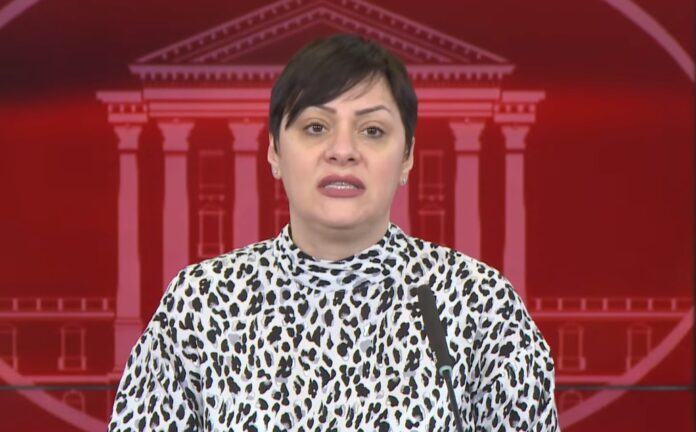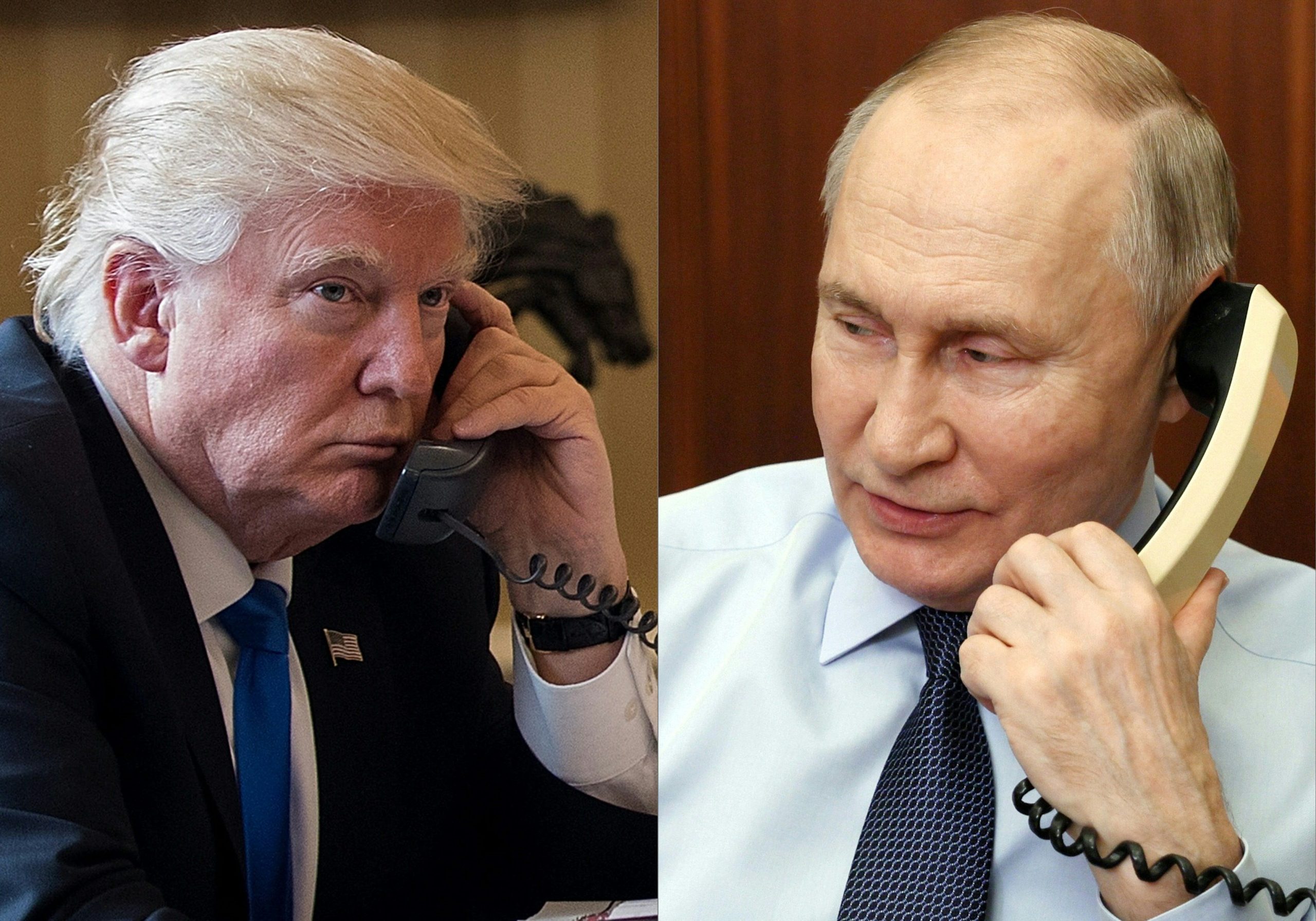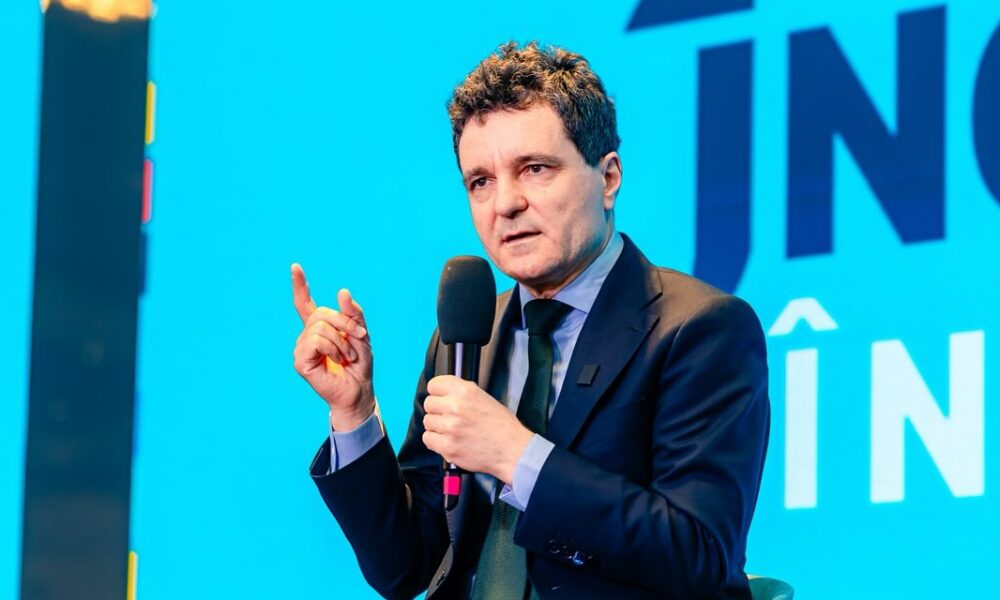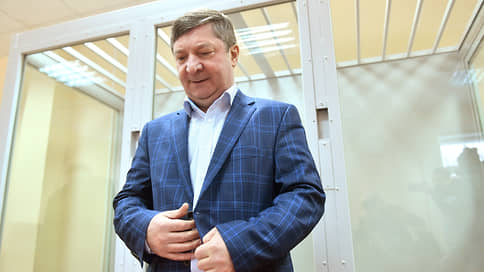Three top judokas suspended after violating WHEREABOUTS doping rules, how is this possible?
/s3/static.nrc.nl/images/gn4/stripped/data132518484-9caae9.jpg)
Topjudoka’s Frank de Wit, Michael Korrel and Noël van ‘t End are not allowed to practice their sport for months. They have reached a settlement with the Dutch doping authority due to administrative errors. That news was picked up by Sunday evening by De Telegraaf And the NOS, after the international judo unit had removed the three top athletes from the world rankings. The suspensions rise from 20 to 24 months.
1 What kind of errors are it?
To so -called WHEREABOUTS-errors. Top athletes are obliged to state per quarter of which hours of the day they are available for doping controls. Those who do not do that properly risk a WHEREABOUTS error. If that happens three times in a period of twelve months, the athlete risk a suspension.
A WHEREABOUTS error can take place in two ways. If an athlete is ‘not findable and available’ at the previously indicated time, or if the data has not been passed on on time or correctly.
All three judokas are punished for three of these Wereeabouts errors. It is therefore not that Van ‘t End, De Wit or Korrel have been caught on the use of doping.
The case has been playing for a long time: the offenses were determined in (and partly just before) 2022, but it was only known to Van ‘t End that he was a punishment. Because of his walk to the administrative court, his case came in public last year.
That Korrel and De Wit were also in the same boat was only announced on Sunday evening.
The penalty is not entirely right. Noël van ‘t End has received the shortest punishment: 20 months. He has put forward arguments, making the ‘degree of debt’ less high, says chairman Vincent Egbers of the Dutch Doping Authority. In terms of content, he can’t say anything about it, says Egbers. Frank de Wit and Michael Korrel both received a criminal of 24 months.
The penalties are not yet final: that is only the case if the international doping authority agrees Wada. The International Judobond, which has already taken measures, can still object.
2 How exceptional is this?
It almost never happens that a Dutch athlete three WHEREABOUTS-Making errors. In 2022 these things were the only one of that year, according to the annual report of the Dutch Doping Authority. Last year there was only one case.
It raises the question why it is therefore three judokas who went wrong. Lawyer Michiel van Dijk, who assists the three athletes, points to the Dutch Judobond, where, according to him, it was ‘a mess’. An athlete has ‘his own responsibility’, but it is desirable that a sports association also helps to prevent mistakes, says Van Dijk. As an example, he cites a situation from Van ‘t End, who after an injury was able to go to a tournament abroad at the last minute, after which he sustained a WHEREABOUTS error. « In the euphoria it is nice if the union says: think of your whereabouts. » According to Van Dijk, that did not happen. « There was no direction on these situations. »
A spokesperson for the JudoBond said he cannot respond to content at the moment.
The suspension is the umpteenth bad news for the Dutch top judo. Last summer the Dutch team returned empty -handed from Paris. The director of Topsport and, in stages, all four of the national coaches left. Former Judoka Guillaume Elmont, who started in May as the new director of Topsport, has to help Dutch judo again with Olympic medals.
3 The violations are from 2022. Why is a penalty imposed?
It takes a while before a suspension is implemented. Athletes have the option of objections and appeal against individual WHEREABOUTS violations. In addition, Van ‘t End went to the administrative court because he wanted the administrative court and not the disciplinary court (the Institute of Sports Law, ISR) to consider his case. The judge ranged him in the wrong in February. That too has been a time -consuming process.
4 What does this mean for De Wit, Korrel and Van ‘t End?
The suspensions for the three judokas were partly imposed in the past due to Dutch doping authority. The three already have part of their punishment on it.
They are not allowed to judo in the coming months. Van ‘t End, who received a shorter punishment in twenty months than the other two judokas, is allowed again this year: his punishment runs until 1 September. Frank de Wit (January 1) and Michael Korrel (March 1) have to wait until 2026.
It is inevitable that they are plummeted on the world ranking on return. On the one hand because they miss out on tournaments (and therefore points for the world ranking), on the other hand because some already achieved results are being eliminated, since part of their punishment was imposed retroactively. A low position on the world ranking is unfavorable: it increases, among other things, the opportunity to find a very strong opponent immediately at the start of tournaments.
This makes the Dutch team for a whole period without three top judokas. In particular, Korrel has experienced success in its weight class (up to 100 kilograms) in recent years, including EK and World Cup medals.
For the upcoming World Cup, in June in Budapest, their absence is not a loss. Due to injuries, the Judoka’s coincidentally all three were not included in the selection.

/s3/static.nrc.nl/wp-content/uploads/2025/05/19152726/data132331055-6d24ee.jpg)
/s3/static.nrc.nl/images/gn4/data132516607-59aa9c.jpg)
:format(webp)/s3/static.nrc.nl/wp-content/uploads/2025/05/18043544/SWITZERLAND-MUSIC-TELEVISION-AWARD-EUROVISION_67935324.jpg)



